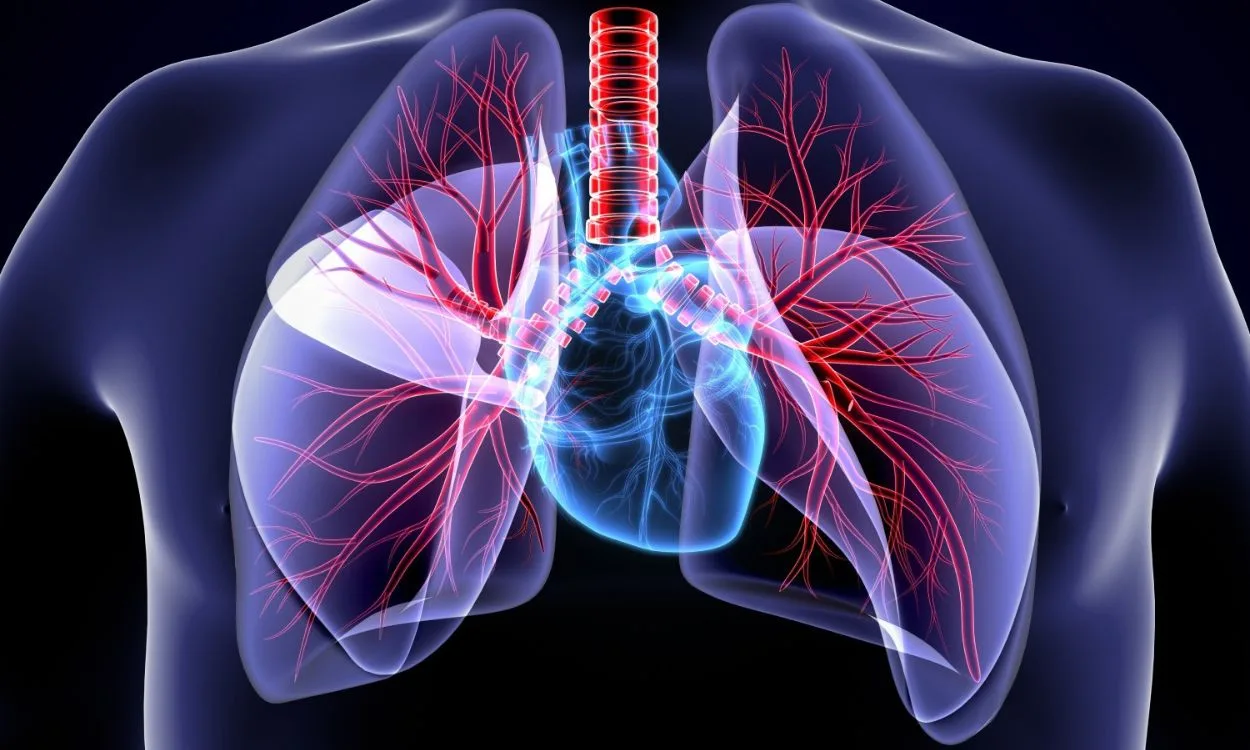Is there a connection between heart health and lung health?
The health of our heart and lungs are intricately linked, with both systems working closely together to ensure the body receives the oxygen and nutrients it needs to function properly. Let’s explore the connection between heart health and lung health in detail:
The Heart-Lung Connection:
- Oxygen Exchange: The lungs are responsible for oxygenating the blood by taking in oxygen and removing carbon dioxide. This oxygenated blood is then pumped by the heart to all parts of the body, including the organs and tissues that require oxygen to function optimally.
- Cardiovascular System: The heart is the central organ of the cardiovascular system, which includes blood vessels and capillaries. It pumps oxygen-rich blood to the rest of the body and ensures that oxygen and vital nutrients reach the organs and tissues.
- Pulmonary Circulation: The heart’s right side pumps deoxygenated blood to the lungs, where it picks up oxygen and releases carbon dioxide. This oxygenated blood is then returned to the heart’s left side to be pumped out to the rest of the body.
- Oxygen Supply: The heart relies on a constant supply of oxygen from the lungs to function properly. Any disruption in the lung’s ability to oxygenate the blood can put a strain on the heart and lead to various cardiovascular issues.
Impact of Lung Health on Heart Health:
- Respiratory Conditions: Lung diseases such as chronic obstructive pulmonary disease (COPD), asthma, and pulmonary hypertension can negatively impact heart health. These conditions can cause inflammation, reduced lung function, and impaired oxygen exchange, leading to increased strain on the heart.
- Hypoxia: When the lungs are unable to provide sufficient oxygen to the blood, a condition called hypoxia occurs. Hypoxia can lead to increased heart rate, elevated blood pressure, and potential damage to the heart muscle.
- Pulmonary Embolism: A pulmonary embolism occurs when a blood clot travels to the lungs and blocks the blood flow. This can strain the heart and potentially lead to a heart attack or heart failure.
- Cardiac Hypertrophy: Chronic respiratory conditions can cause long-term strain on the heart, leading to cardiac hypertrophy. This condition involves an enlargement of the heart muscle, which can weaken the heart and increase the risk of heart failure.
Impact of Heart Health on Lung Health:
- Fluid Build-Up: Heart conditions such as congestive heart failure can cause fluid to accumulate in the lungs, leading to a condition known as pulmonary edema. This fluid build-up can impair lung function and decrease oxygen exchange.
- Hypertension: Uncontrolled high blood pressure can damage blood vessels in the lungs, leading to pulmonary hypertension. This condition can impair lung function and increase the risk of respiratory issues.
- Reduced Exercise Capacity: Poor heart health can result in reduced exercise capacity, making it more difficult for individuals to engage in physical activities. Limited physical activity can further compromise lung health and lead to a sedentary lifestyle.
- Medications: Certain heart medications, such as beta-blockers, can affect lung function and cause respiratory side effects. It is important for individuals with both heart and lung conditions to work closely with their healthcare providers to manage their medications effectively.
In conclusion, there is a strong connection between heart health and lung health. The proper functioning of both systems is essential for maintaining overall well-being. Any issues in one system can negatively impact the other, leading to a cascade of health problems. It is crucial to prioritize the health of both the heart and lungs through regular exercise, healthy eating, avoiding smoking, and seeking medical attention for any respiratory or cardiovascular concerns.
To track and manage your heart and lung health effectively, the Fitpaa app provides personalized fitness plans, nutrition guidance, and real-time monitoring. Download the Fitpaa app today to take control of your health and achieve your fitness goals while prioritizing your heart and lung health.
Now that you understand the importance of heart and lung health, take the first step towards a healthier lifestyle by downloading the Fitpaa app. With its comprehensive approach to fitness and expert guidance, Fitpaa can help you optimize your heart and lung health, while also supporting your overall well-being. Don’t wait any longer – take charge of your health and start your journey to a healthier you with Fitpaa!









